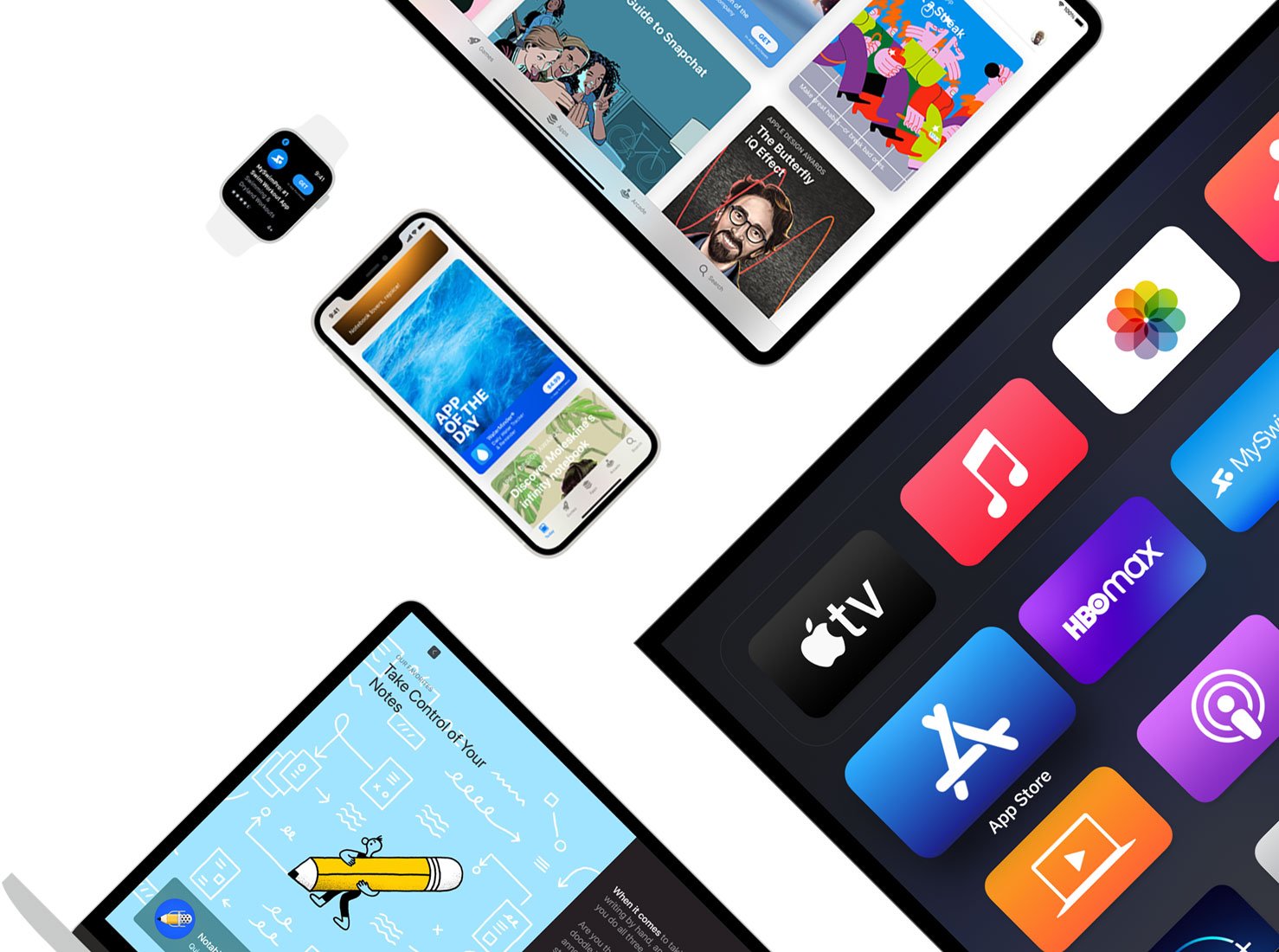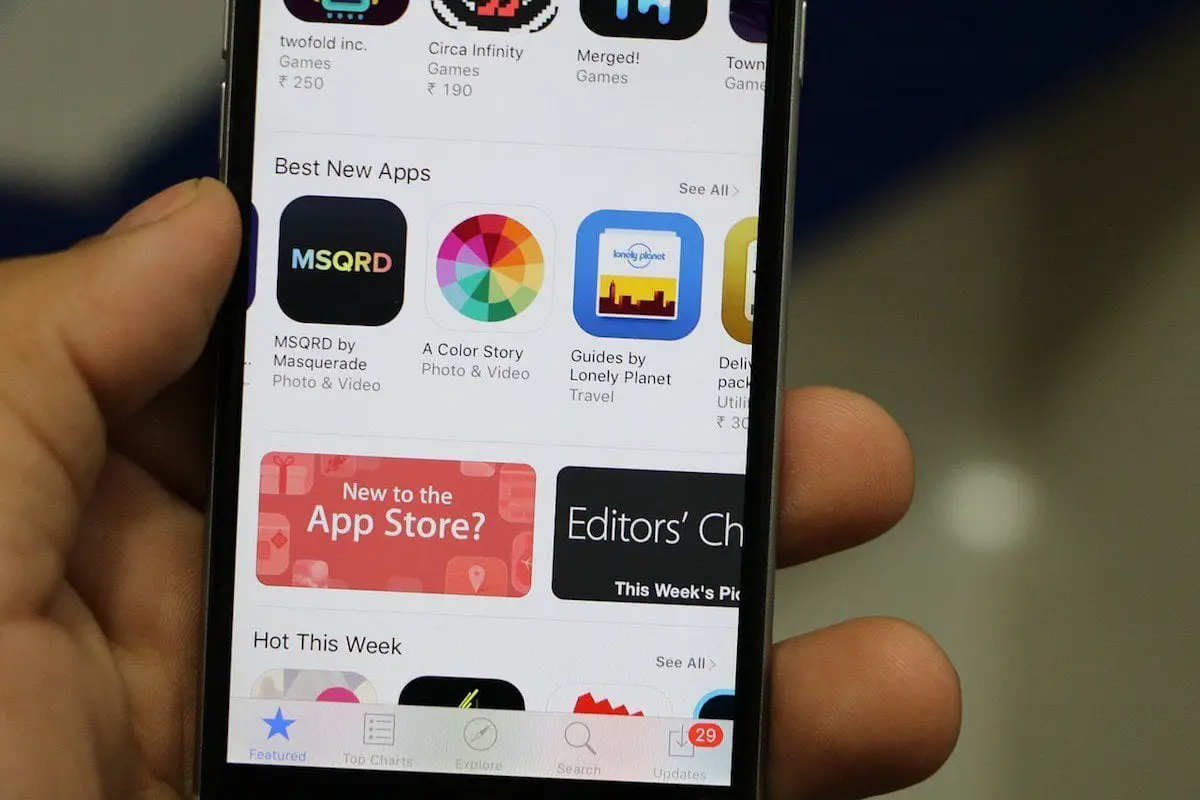Recently a study showed us that more than half of the App store privacy labels are either fake or abusive.
Privacy labels were imposed by Apple in its App Store a few weeks ago, and they have not been too much trouble, in the end, every developer who wants to offer its application in the App Store, must jump through the hoop.
The vast majority have gone through and obeyed, but Apple relied on the good faith of companies when it came to creating their privacy labels. This means that Apple was not going to review all of the apps in the store.
Half of the App Store privacy labels proved to be fake
Now, a study has shown that many privacy labels are fake. In the study, several applications have been randomly chosen and according to them, approximately 1 out of 3 apps falsify data.
Among all the apps they tested, many claimed that they did not collect data but the study proved that they did collect data and there were cases in which this information was sent to Facebook and Google, among others.
Following this study, some of the apps tested have made changes, such as Match 3D, Rumble, and PBS Kids Video. They now show that they do collect data. There is one specific app that stood out and it is called Satisfying Slime Simulator, even though they claimed otherwise, it has been proven that they have collected data and sent it to big tech companies as mentioned above.
Here, together with a former National Security Agency researcher, it was proven that this app collected information and details of each user’s iPhone IDFA, as well as battery level, storage, volume, and general location.

Upcoming iOS 14 update might solve those problems
This is why the upcoming iOS 14 update is so important and many big companies want to avoid it. In that update, Apple will launch “App Tracking Transparency” which will allow users to decide if they want to be tracked or not.
Apple states that they perform audits and are in communications with developers. In addition, Apple says that apps that do not comply with privacy labels may even be removed from the App Store.
With Apple’s privacy labels, it’s easier for users to see how much data is collected from us every time we download, install and use an app or game from the App Store. Even though it’s done from Apple’s app store, the vast majority of those apps are also on the Google Play Store, but there we don’t have as much information about the data being collected or not.





